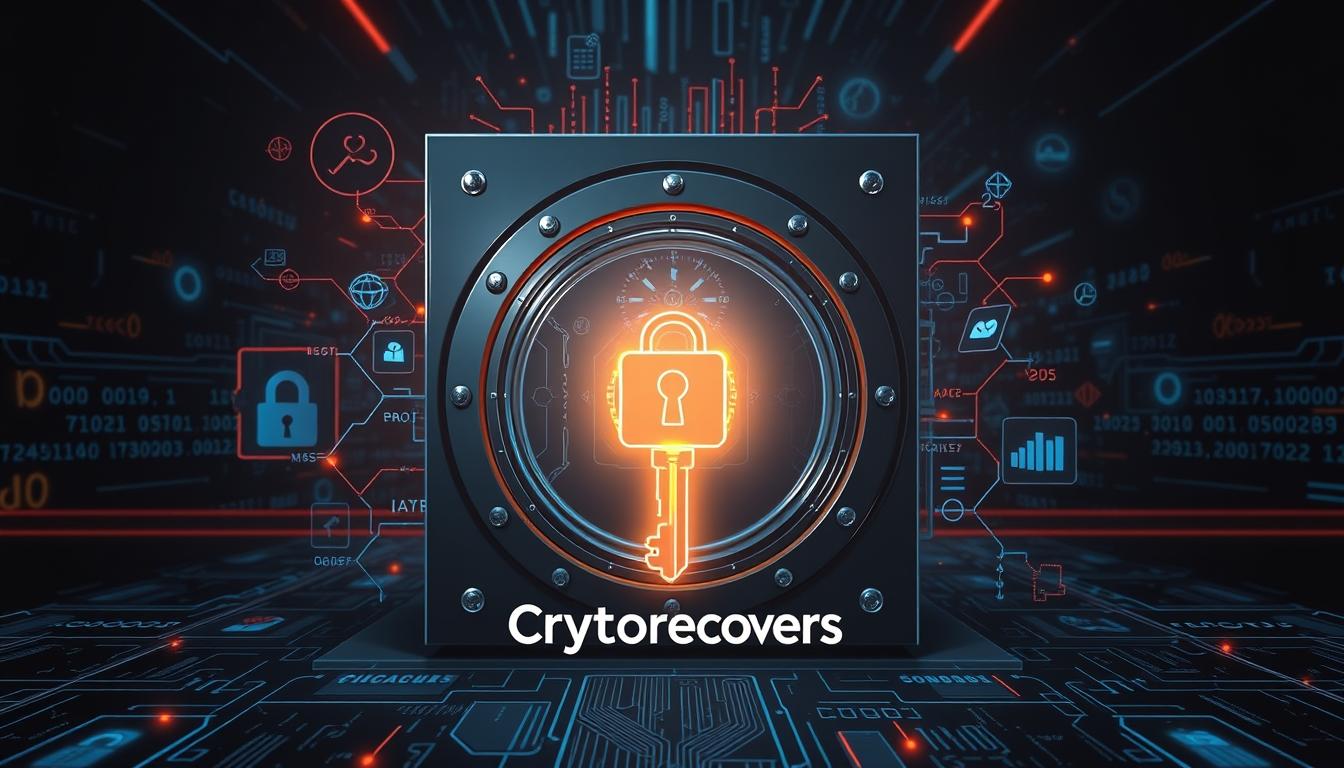A zero-knowledge proof (ZKP) is a cryptographic method where one person can prove to another that something is true—without revealing any details beyond the fact that it’s true. Instead of sharing passwords, private keys, or transaction details, the prover shows they know this information without actually showing it. This makes ZKPs useful in situations where privacy and trust are both critical.
In crypto and blockchain, ZKPs are often used to hide sensitive transaction information (like the sender, receiver, or amount) while still proving the transaction is valid. Privacy-focused cryptocurrencies like Zcash use this technology, and so do Layer 2 scaling solutions like zk-rollups, which help reduce congestion and costs on blockchains like Ethereum.
ZKPs are important because they let users prove ownership or correctness—such as proving you know a wallet password—without putting private information at risk. For crypto recovery, they can play a role in systems where identity or access needs to be confirmed without exposing keys or seed phrases.

